CoSN 2019: How to Design an Effective K–12 Technology Evaluation Program
EdTech Magazine
APRIL 4, 2019
Assessments can be used to make programs more cost-effective, improve implementation, enable replication elsewhere in the district and justify more funding to administrators. . However, many schools are not properly assessing technology programs, Baule told attendees. 4 Key Evaluation Questions for K–12 Schools.



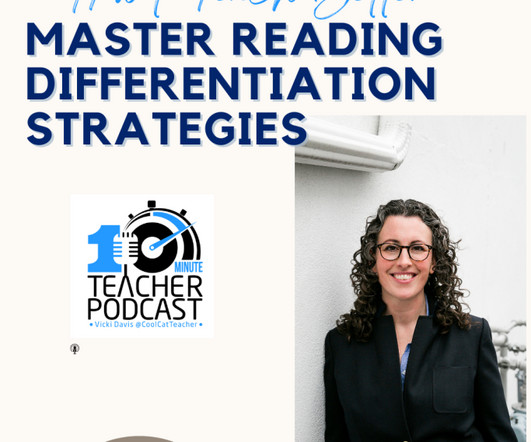
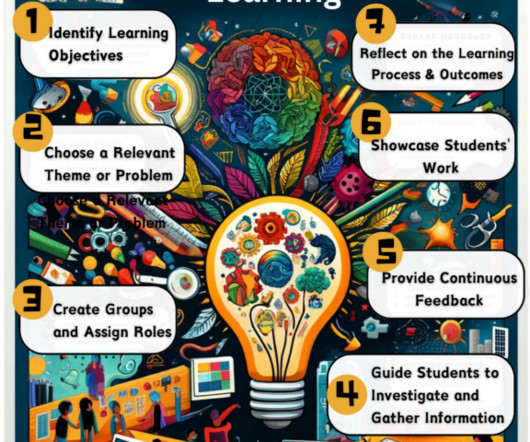

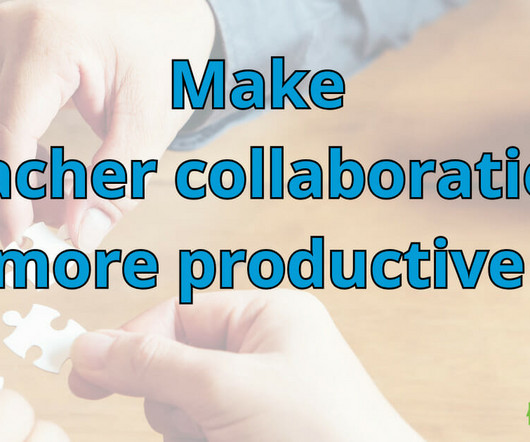

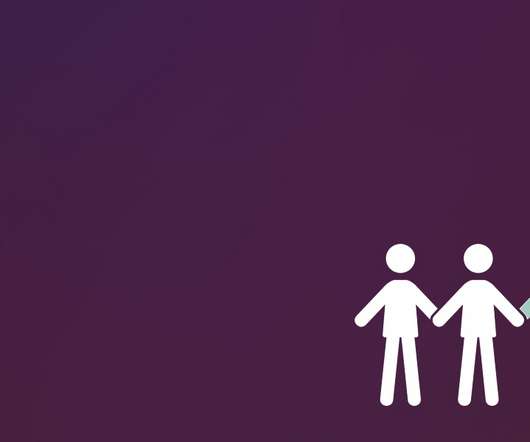
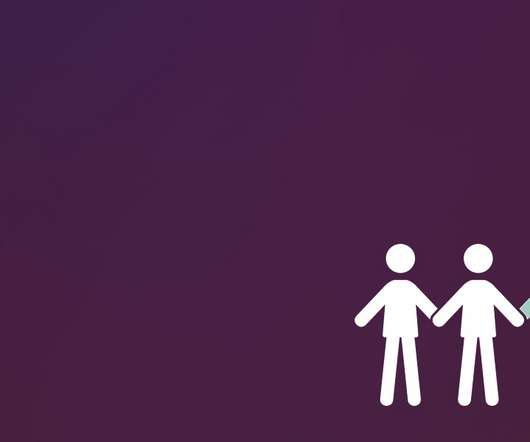

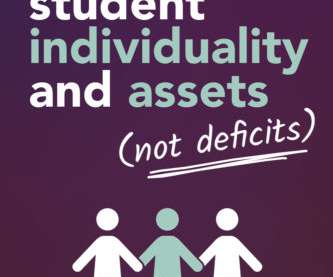



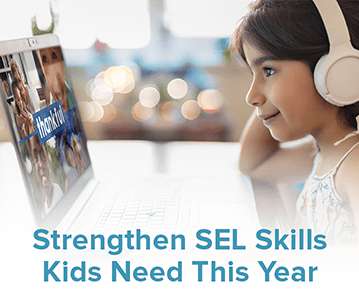

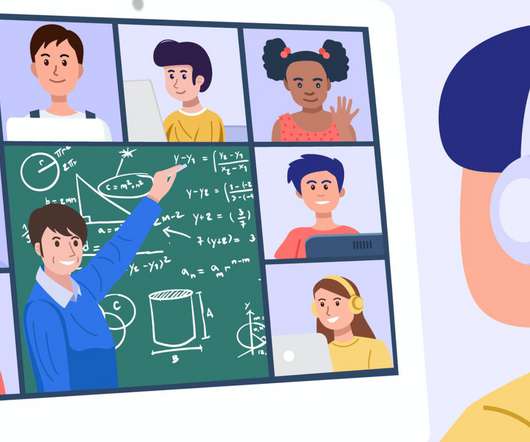












Let's personalize your content